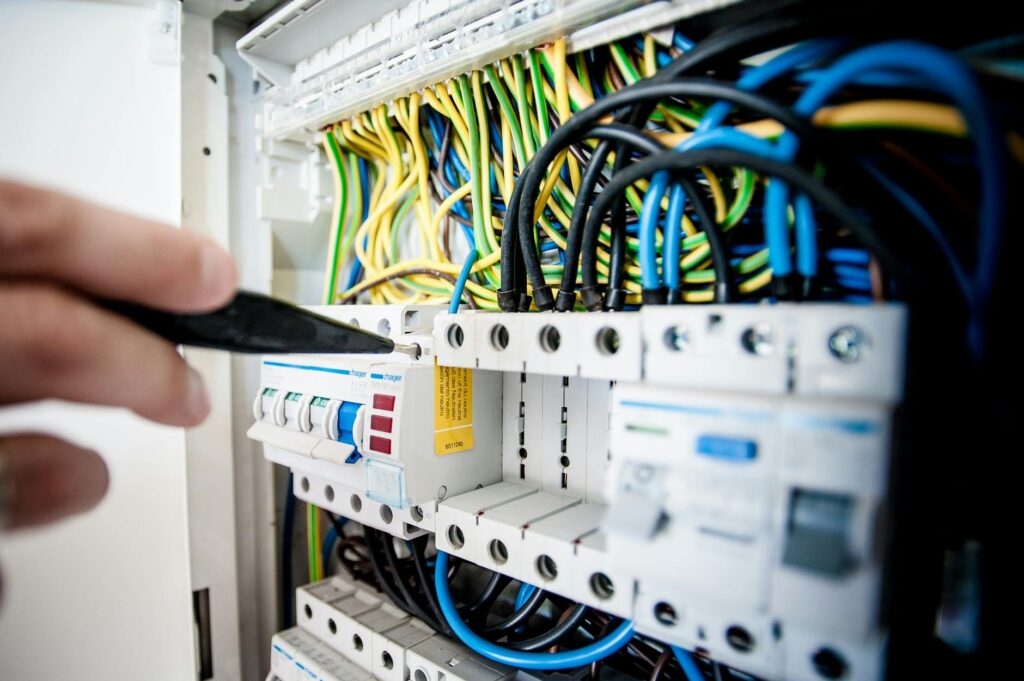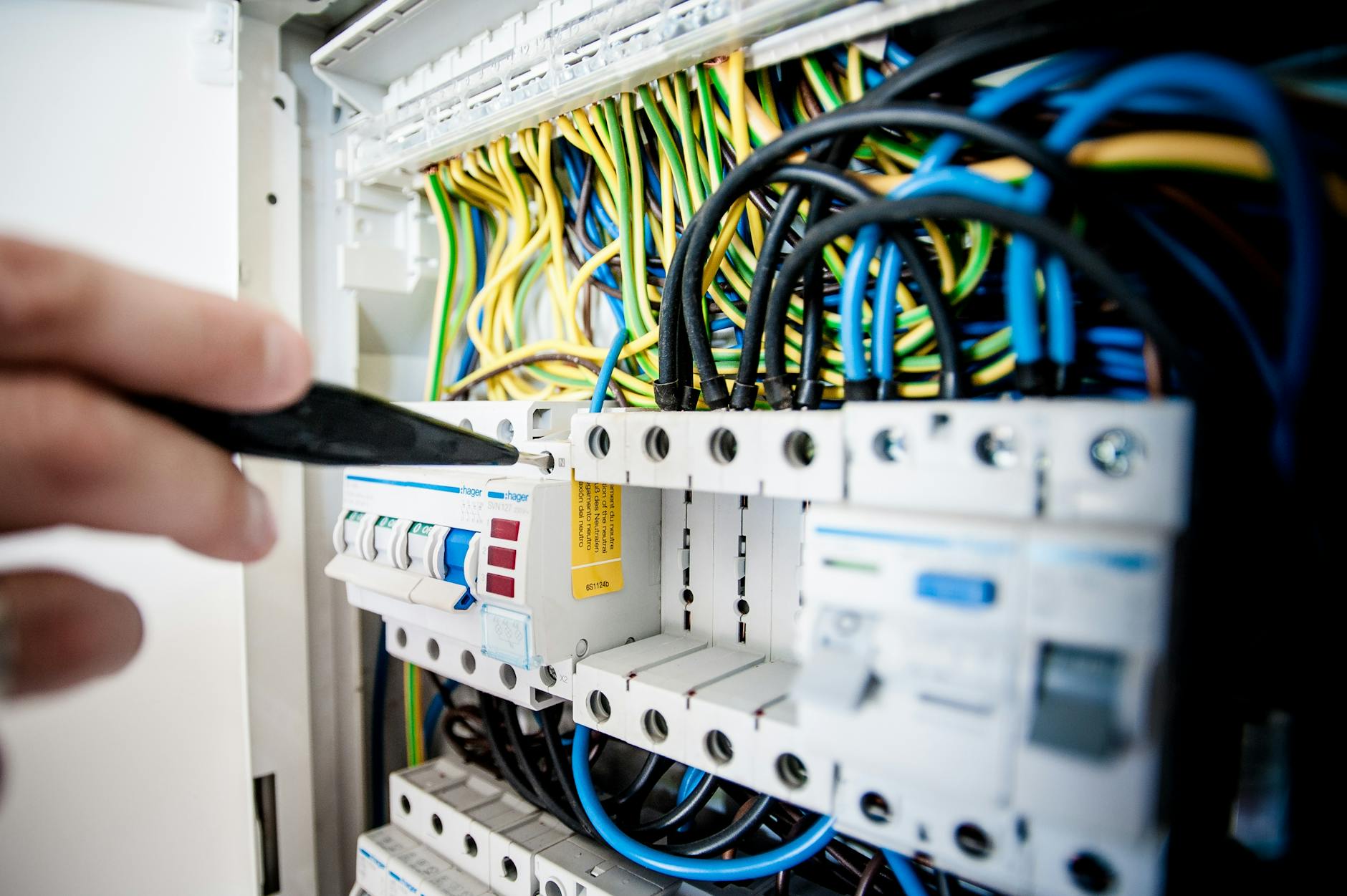What is energy management skills?

What is energy management skills?
In today’s fast-paced world, mastering the art of energy management skills is crucial not only for enhancing productivity but also for improving overall quality of life. These skills encompass a range of strategies that help individuals manage their energy more effectively, leading to better focus, motivation, and performance in daily tasks. So, what exactly are energy management skills, and how can they transform the way we approach our work and personal lives? Let’s explore the fascinating world of energy management.
Understanding Energy Management Skills
Energy management skills are all about recognizing, controlling, and optimizing the energy we have throughout the day. Unlike time management, which focuses primarily on how we allocate our hours, energy management is about harnessing our physical, mental, and emotional resources to maximize productivity. It’s about understanding when we are most energetic and aligning our tasks accordingly.
Definition of Energy Management Skills
At its core, energy management skills involve the ability to identify and regulate your own energy levels. This includes understanding your natural rhythms, knowing when you are at your peak performance, and adapting your activities to align with these patterns. For instance, some people might find they concentrate better in the morning, while others may be more alert in the evening. Recognizing these patterns allows individuals to plan their work effectively.
The Importance of Energy Management Skills
Why should anyone invest time in developing energy management skills? The answer lies in personal and professional success. By managing our energy levels, we can enhance our productivity, reduce stress, and maintain a healthier work-life balance. Studies show that those with strong energy management skills often experience improved mental clarity and overall well-being, making it easier to tackle challenges head-on. For further insights on the importance of energy management, check out this article on EnergyzedWorld.
Components of Energy Management Skills
To effectively manage energy, several core components and sub-skills come into play. Understanding these can empower you to harness your potential better.
Self-Awareness and Energy Levels
Self-awareness is the foundation of effective energy management. Being aware of your own energy levels throughout the day enables you to identify when you feel most productive and when you may need a break. You might consider keeping a journal to track your energy patterns, noting how different activities affect your performance. This self-reflection allows you to tailor your tasks to match your energy highs and lows.
Prioritization and Task Management
Prioritizing tasks according to your energy levels can significantly enhance productivity. For example, high-energy periods may be the best times to tackle challenging projects, while lower energy times could be reserved for routine tasks or administrative work. This approach helps ensure that you’re working smarter, not harder.
Stress Management Techniques
Stress can drain your energy, making it essential to employ techniques that help maintain your focus and vitality. Mindfulness practices, such as meditation and deep-breathing exercises, can rejuvenate your mental state and keep stress at bay. Additionally, incorporating regular breaks into your routine prevents burnout and helps maintain energy levels throughout the day.
Practical Strategies for Enhancing Energy Management Skills
To truly harness the power of energy management skills, actionable strategies are vital. Here are a few approaches to consider:
Creating an Energy Audit
Conducting an energy audit can be a game-changer in understanding how you use your energy. Start by listing your daily activities and noting when you feel most energized or drained. This awareness will provide insight into which tasks align with your energy levels. You can find tips on energy audits in this Harvard Business Review article.
Building a Personalized Energy Management Plan
Once you’ve assessed your energy patterns, consider creating a personalized energy management plan. This plan should outline your high-energy periods and the tasks you aim to accomplish during those times. Additionally, schedule regular breaks to recharge. Factor in your unique preferences to create a sustainable routine that aligns with your lifestyle.
Conclusion and Call to Action
Energy management skills are essential tools for anyone looking to enhance their productivity and overall quality of life. By understanding your energy patterns and integrating effective strategies, you can optimize your performance in both personal and professional settings. So, why wait? Start identifying your energy levels today and design a plan that works for you. Embrace the journey of developing your energy management skills, and you’ll likely find yourself achieving more with less stress along the way.

Photo by Pixabay